Interview : “Biofil Toilet Is Economical, Lasts Longer”
- Par Kimeng Hilton
- 21 sept. 2022 19:57
- 0 Likes
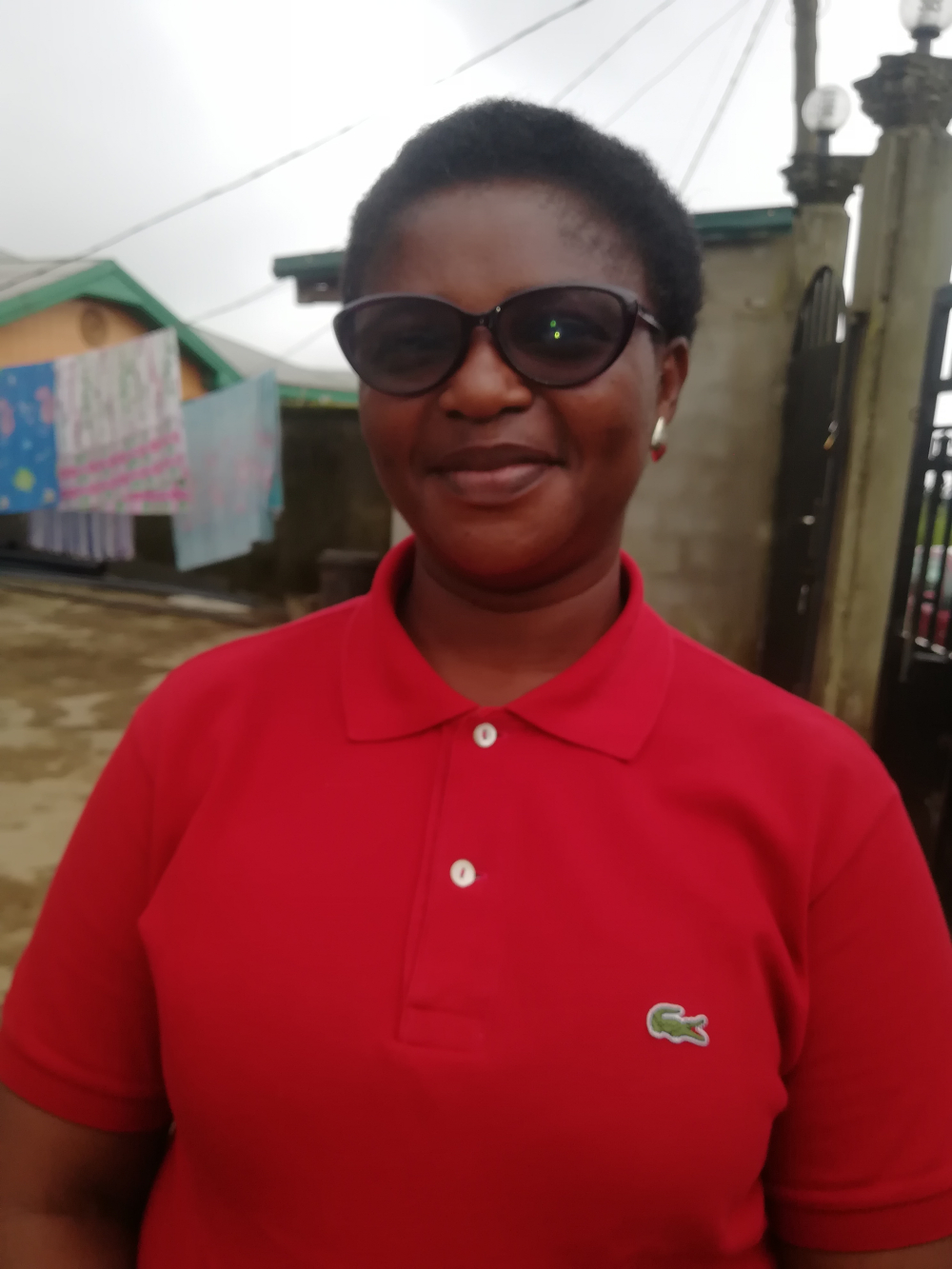
Ayimele Azise Helen, the Service Head for Water in the South West Regional Delegation for Water Resources and Energy, explains how the biofil toilet functions and her delegation’s planned support for the UNICEF-sponsored toilet project.
Why was the training on the construction and maintenance of biofil toilets organised at this time?
The South West Region was recently hit very hard by a cholera epidemic. Cholera results from poor hygiene. When we talk about hygiene, we refer to water, toilets and hygiene. Water may be available, but if toilets are not available, it is still a problem. There is still a lot of open air defecation in some communities in the South West Region, especially in public places without toilets. We need biofil toilets to tackle this aspect of Water, Sanitation and Hygiene, WASH challenge in the South West Region
What did the training modules comprise?
There was a theoretical phase, followed by the practicum during which we constructed a biofil toilet. It is a two-chamber toilet that uses a filtration system comprising gravel, charcoal and enzymes that digest the faecal waste. The water obtained from the digestion is filtered and sent to the suck-away for eventual reuse or is emptied underground. Where this toilet has been tried, the waste discharged into the soil was found to respect World Health Organisation, WHO norms; meaning it is environment-friendly. On the other hand, this same waste can be used as fertilizer.
How different is the biofil toilet from the one we are used to?
The biofil design is economical. On average, a biofil toilet for a household costs about 500,000 FCFA; unlike the conventional model that costs at least 1 million FCFA. The classical toilet system stores faecal waste until the septic tank is filled up; and then has to be emptied by a company specialised for that. But the biofil, if well used, lasts a very long time and costs less to construct. Moreover, the biofil toilet takes less space and is not so deep. If the filtration system and enzymes function well, and acids (laundry water and plastics are avoided), it will never get full. If the family is out of home for at least two months, when they return, the enzymes have to be reactivated because they live on faeces.
How will your ministry put this technology into use, and what difference will it make on the ground?
The Ministry of Water Resources and Energy and its regional delegation in the South West see the workshop as very timely and important. The Downbeach area of Limbe, for example, has no public toilets. We will source for additional funding from UNICEF and other partners to construct some biofil toi...
Cet article complet est réservé aux abonnés
Déjà abonné ? Identifiez-vous >
Accédez en illimité à Cameroon Tribune Digital à partir de 26250 FCFA
Je M'abonne1 minute suffit pour vous abonner à Cameroon Tribune Digital !
- Votre numéro spécial cameroon-tribune en version numérique
- Des encarts
- Des appels d'offres exclusives
- D'avant-première (accès 24h avant la publication)
- Des éditions consultables sur tous supports (smartphone, tablettes, PC)







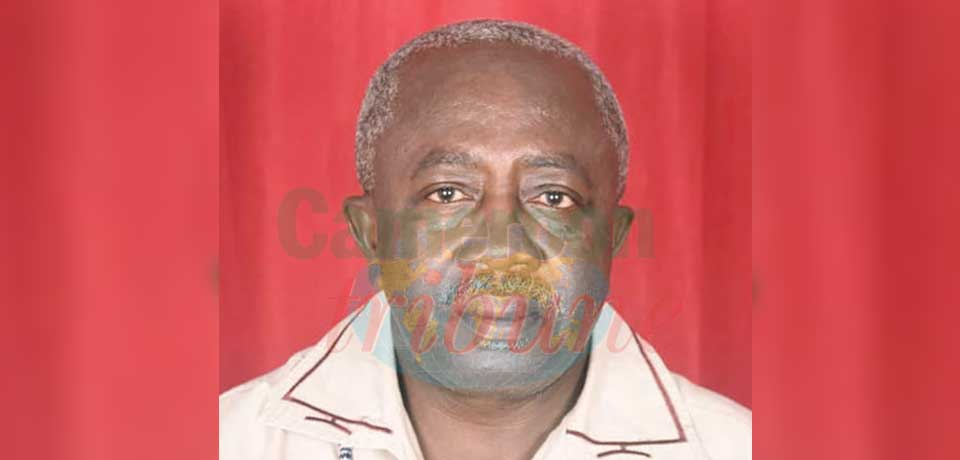

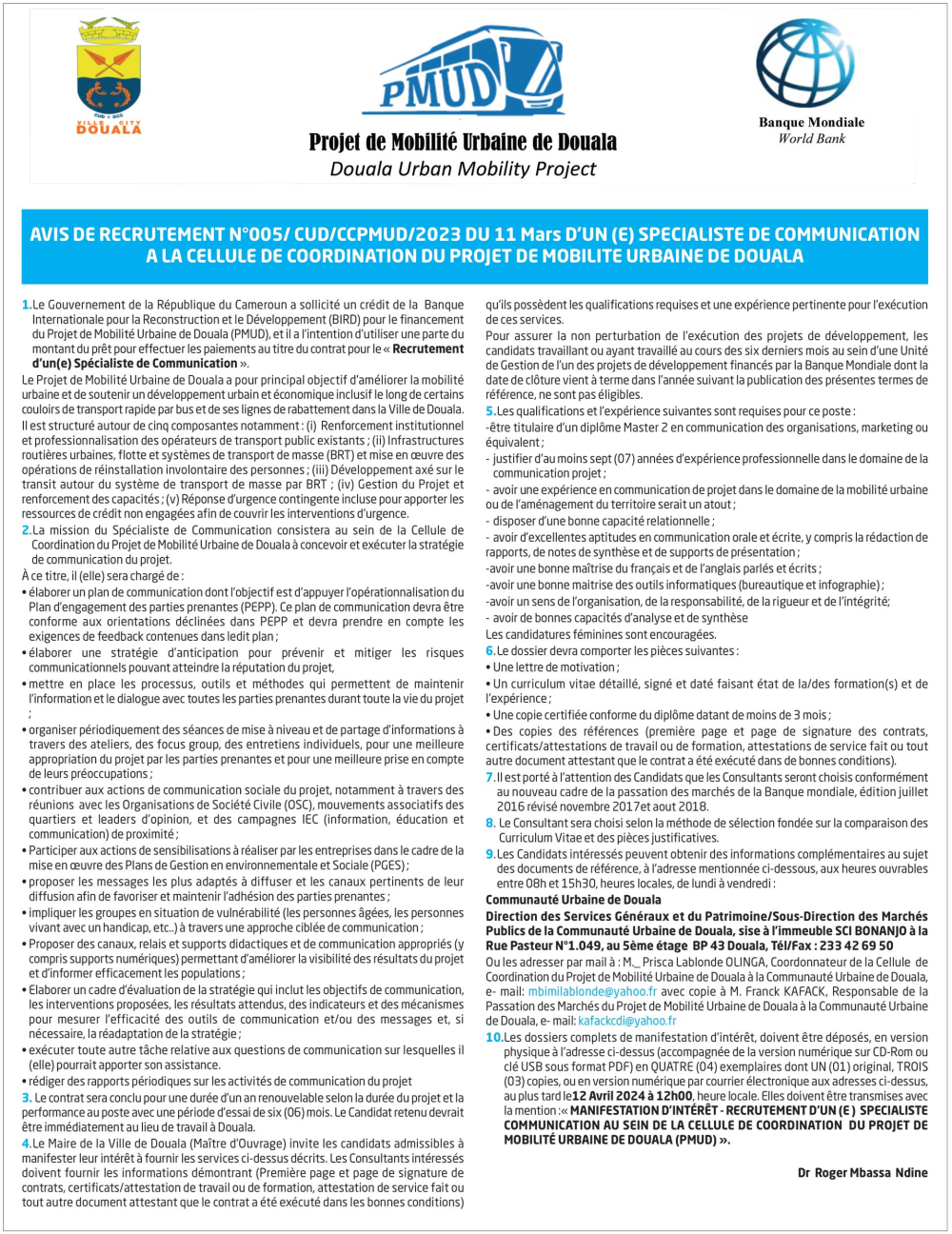
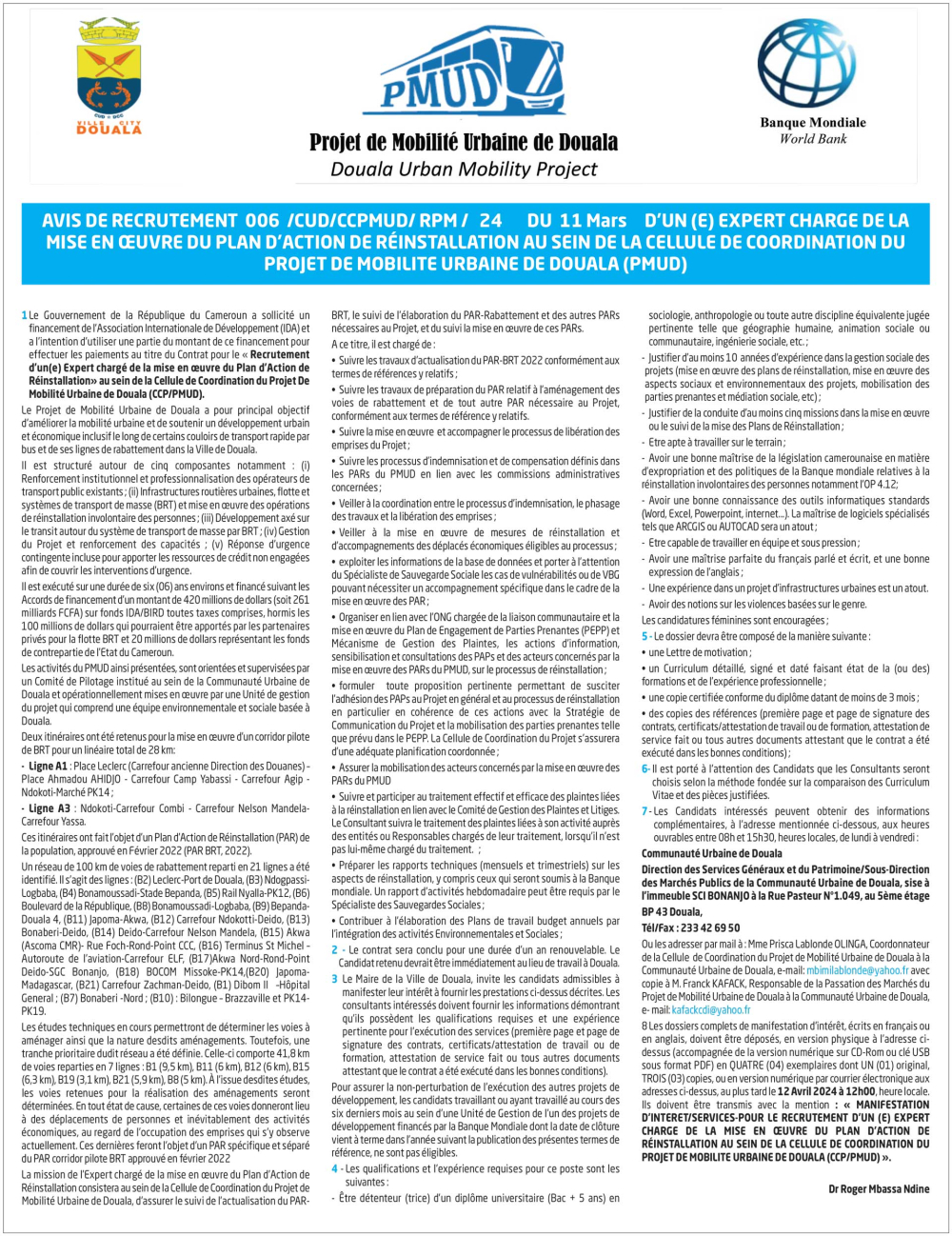
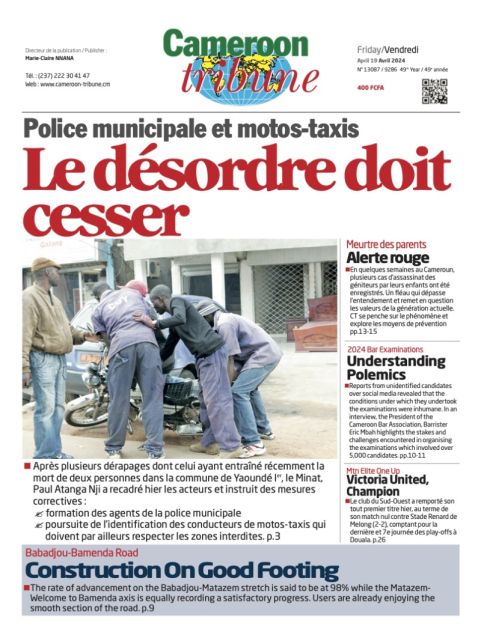




Commentaires